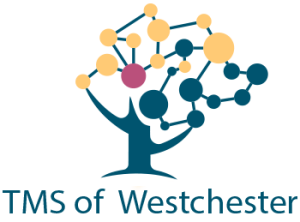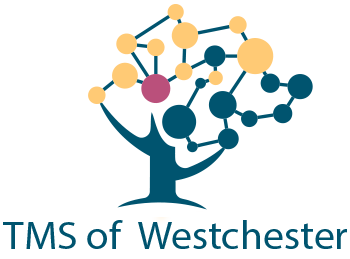
The causes of post traumatic stress disorder, as well as the events leading to it, are just as varied. PTSD in children and adults can result from trauma during childhood, such as children in abusive homes. Victims of rape, assault, or abuse can develop PTSD due to their traumatic experiences. Social workers, emergency service workers, members of the military, and many others’ occupations also expose them to such traumatic events.
There are several post traumatic stress disorder therapies and medications available. However, there is no single recovery plan to deal with reactions to trauma, nor is there any one-time cure to “get over” PTSD. A preliminary appointment with our clinic can help work out individual PTSD therapy options. Medication to help regulate the symptoms of posttraumatic stress disorder is available, as well as psychotherapy, Cognitive Behavioral Therapy (CBT) and Mindfulness-Based Cognitive Therapy (MBCT).
© 2024 TMS of Westchester. All Rights Reserved.
